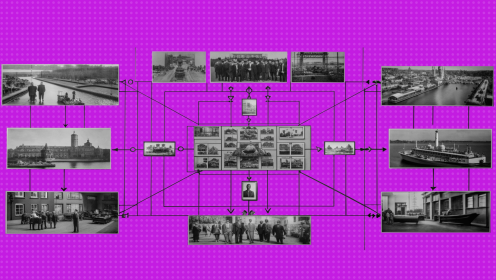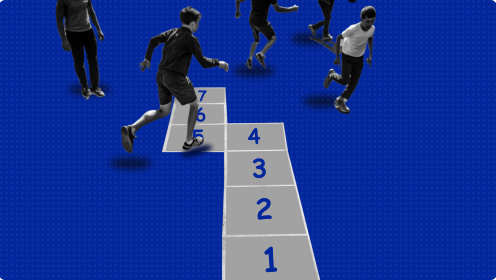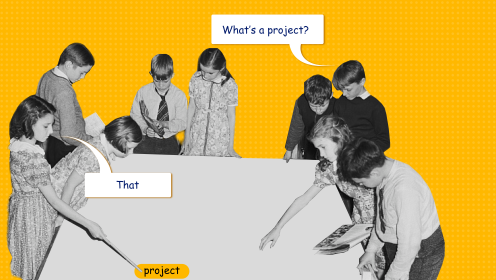Procrastination is a thing that is incredibly difficult to get rid of. Up to a certain point, you are so comfortable that even when the deadline has passed the day before yesterday, and colleagues text you every fifteen minutes, you find time to look through Instagram.
To understand how to deal with procrastination, you need to understand what it is in general, why it occurs and what it threatens.
Causes and consequences of procrastination
To start with, this is not just a buzzword with which we have replaced the word "laziness" (and such opinion actually exists). It also has an indirect relation to laziness.
Laziness is an ultimatum state in which you don't want to do anything specific or anything at all. That is, when you are lazy, you completely avoid performing any tasks. It will take an hour or two, and you may not start - because you are too lazy.
Procrastination is a constant deliberate delay, putting things off till the last moment. You can, of course, think that it's just boredom, fatigue, difficulties with concentration and lack of motivation, but I think that the problem is deeper.
Procrastinators have the connection between the amygdala and the dorsal anterior cingulate cortex disrupted. When everything is normal, the amygdala evaluates events and their consequences, and the dorsal zone chooses the acceptable behavior in the circumstances. But because this connection is broken, the procrastinator's brain cannot find the optimal solution. At this difficult and unpleasant moment, the limbic system resents and demands positivity, conflicting with the prefrontal cortex, which is responsible for planning, cognition, and attention. If it wins, instead of working you go laugh at funny tweets. Boredom and fatigue can occur, but in my opinion, this is already an unpleasant bonus.
By putting things off and starting them at the last moment, you can get yourself into trouble in the form of:
- guilt and shame,
- stress,
- reduced performance,
- reproaches of colleagues.
Each of these consequences is unpleasant itself. But the problem is that they often fall immediately, and everything starts to move in a spiral: you procrastinate, feel ashamed, nervous, irritate colleagues, because of this you start to go deeper into yourself and procrastinate even more.
We need to do something about it.
How to beat procrastination
You can find an obscene amount of advice on how to deal with procrastination on the Internet. I've tried half of them, and only some of them really help me. Here are the top ten.
Write down everything that comes to your mind
The obvious point: to make your head think better, you need to release it. When you keep information in your working memory, your intellectual capabilities are greatly reduced.
So that this does not happen – write out everything. In a paper notebook or in the same notes in the phone. Then you can turn these notes into tasks, but in the meantime, just unload your brain.
Develop concentration
Remove all unnecessary items from your desk, because even a sheet with doodles or a broken pencil can attract attention. Especially if you're a procrastinator, and you just need a reason to stop doing what you were doing.
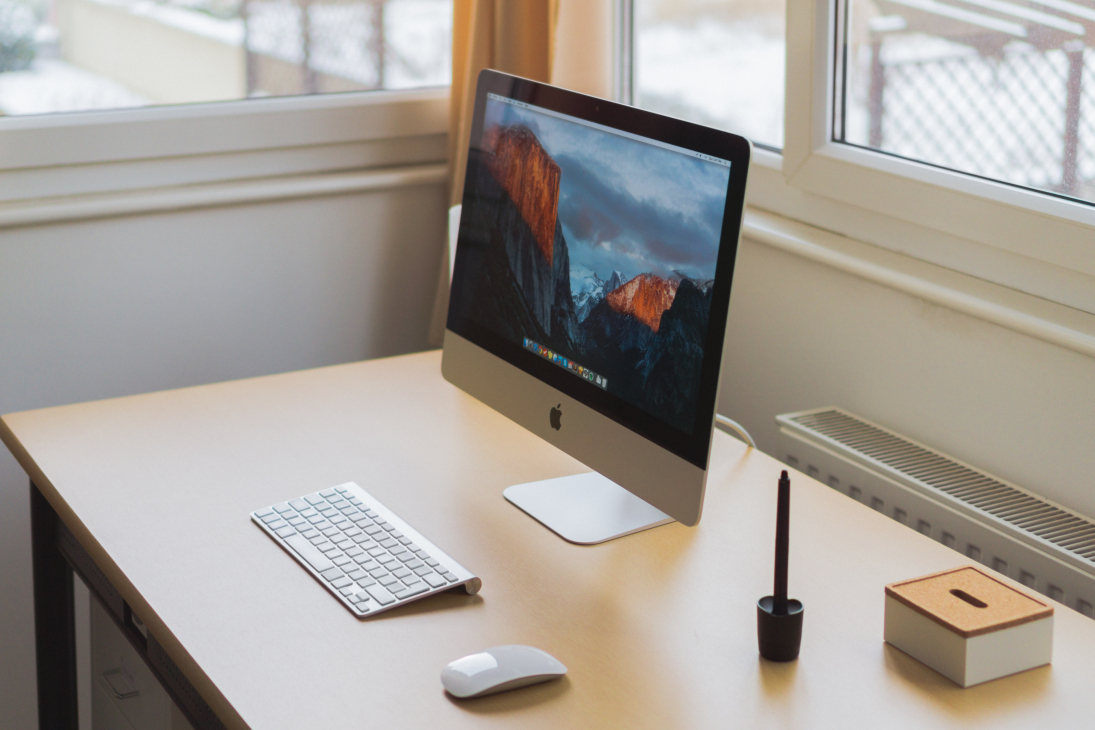
Choose a soundtrack that will help you think better. For someone it's the sound of a stream and trees swaying in the wind, and for others it's the latest Cannibal Corpse album. For example, Moby's "long ambients 2" helps me to focus – it runs for three and a half hours, and that's more than enough.
You can even do yoga, maybe it will help?
Work in short sections
The human brain can't work effectively for a long time. Therefore, you should try to take breaks more often and work in short periods of time, for 30-40 minutes. This is all about the same Pomodoro Technique that we've been talking about for the third article in a row. U-S-E I-T!
Reward yourself for any achievements
Since you are a prisoner of the limbic system like me, try to deceive it. Come up with some small, but nice prizes that will please you when you reach intermediate goals. For example, while writing this article, I eat a piece of chocolate for every thousand characters. When I finish my plan for the day, I'll buy a movie on iTunes. That is a cool motivation.
Create restrictions
In the modern world, the entire life of a person is in the phone, so it serves as a tool of procrastination most often. To avoid wasting time in social networks and games, set a usage limit. On Apple devices, you can do this using the "Screen time" function, and on Windows, for example, using ColdTurkey. All apps work on the same principle: you specify the time when you need to block everything that is unnecessary, and you work.

Make to-do lists
The most common and very correct advice. It is enough to write down a list of things to do for the day, and just move through it. This is better than the chaos of tasks that keeps buzzing in your head.
Divide things into smaller ones
Small tasks are easier to complete in short periods of time, which we, procrastinators, need to work with. Well, you will get rewards more often.
Formulate your tasks correctly
A good task list is a clear guide to action in the future. Each task must:
- be the answer to the question "what should I do?» and one-to-one match the action (if you need to "upload a sign from the advertising account" to "prepare a weekly report", then you need to add just the second one to the list of tasks);
- start with a verb in the initial form (write, draw, and so on).
Use the Eisenhower Matrix
This is a cool way to sort things out. Draw vertical and horizontal lines along the center of the sheet to make four squares:
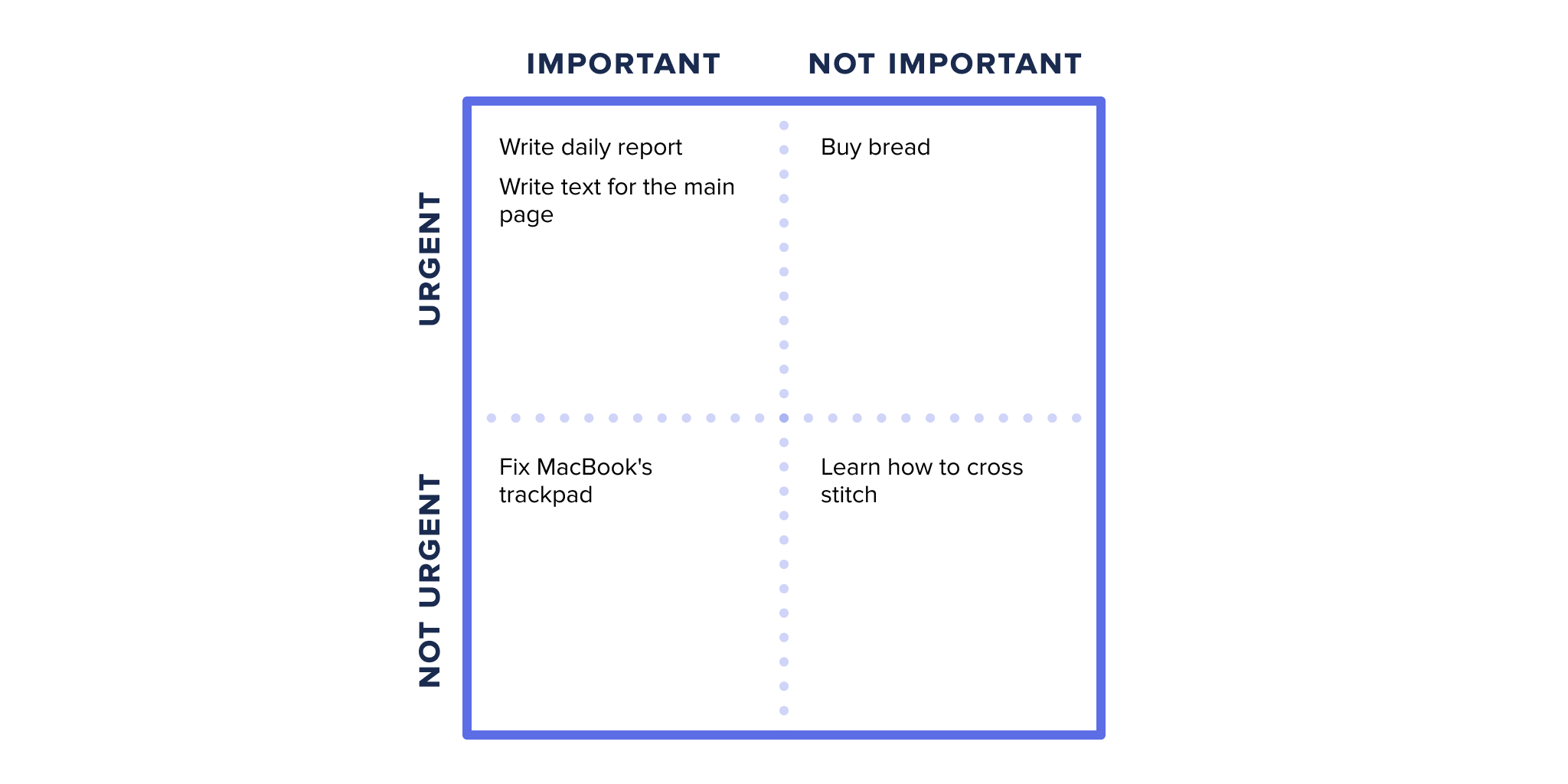
Write down in this matrix all the things that take up space in your head. And then get started: start with tasks that have a deadline, and in parallel assign deadlines to tasks that don't have a deadline, but that are important.
Make a daily report
If you sum everything up for every day (what is done and what is not), you will really understand the situation, and you will be able to make reliable plans that will not blow your mind.
The path to victory over procrastination is long and thorny. Many people spend their entire lives in this struggle. But it's better than to be snowed under with work. I'm trying to do something about it and I'm sure you can do it, too. The main thing is to pull yourself together and start doing something.












